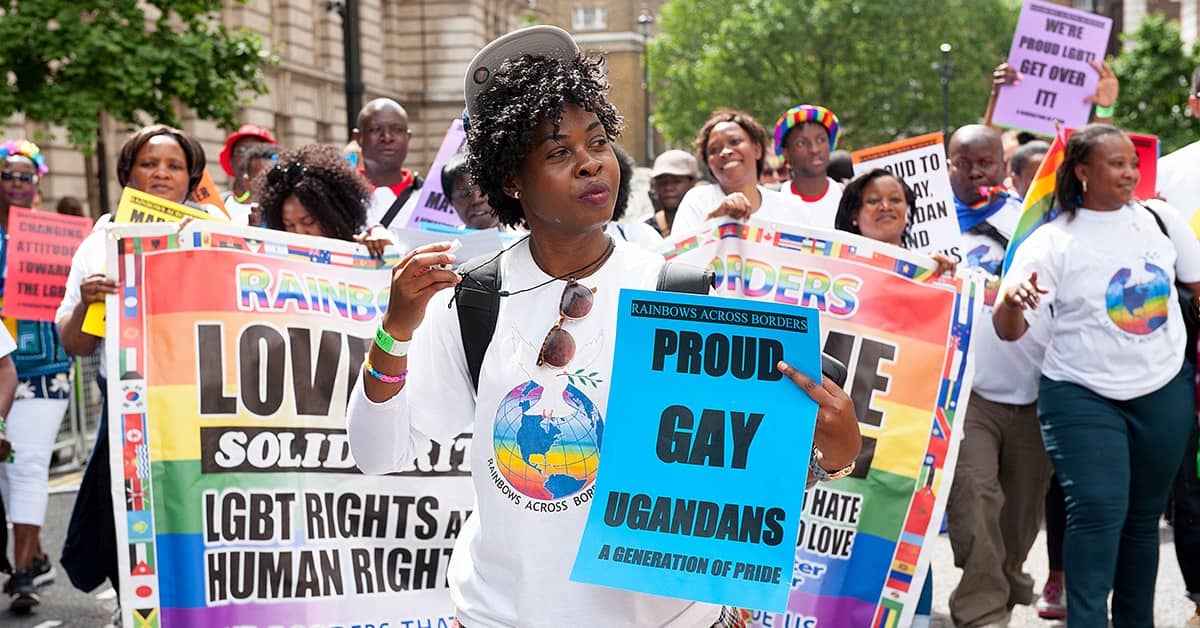Introduction
The World Bank has announced it is lifting the two-year loan ban on Uganda that was imposed following the country’s 2023 enactment of a harsh anti-LGBTQ law. This legislation criminalizes same-sex acts, including provisions for the death penalty, and has drawn international condemnation. Despite these concerns, the World Bank states it has introduced mitigation measures to ensure its financing does not harm or discriminate against LGBTQ communities.
Uganda’s Anti-Homosexuality Law and International Backlash
In 2023, Uganda passed what is considered one of the world’s most draconian laws targeting LGBTQ people, criminalizing certain same-sex acts with punishments including life imprisonment and even the death penalty in some cases. Human rights groups such as the Human Rights Watch report that the law has led to widespread violence, arrests, and evictions of LGBTQ individuals.
The legislation also criminalizes the “promotion” of homosexuality, restricting freedom of expression and activism, which critics argue undermines human rights protections in Uganda. The law’s passage led to major donors and international organizations freezing aid and funding, significantly impacting Uganda’s economy.
World Bank’s Justification for Resuming Loans
The World Bank suspended new loans to Uganda in response to the legislation. However, in a recent statement, a World Bank spokesperson told Reuters that after extensive consultations with the Ugandan government and other stakeholders, “mitigation measures” have been put in place to ensure no discrimination occurs as a result of Bank-funded projects.
These projects include initiatives focused on social protection, education, and support for forcibly displaced people and refugees. The Bank emphasizes that its mission to end poverty requires inclusive development that benefits all Ugandans.
The Economic Impact of the Loan Ban and Its Lifting

The World Bank is one of Uganda’s largest sources of external financing, playing a crucial role in infrastructure development such as road improvements and electricity expansion. According to the UK-based charity Open for Business, Uganda lost between $470 million and $1.7 billion in economic support during the first year after the law was passed due to frozen funding and investor withdrawal.
Resumption of loans is expected to boost infrastructure projects and economic growth, but many economists caution about dependency on external financing models and warn that without addressing underlying human rights issues, sustainable development remains at risk.
Criticism and Human Rights Concerns
Despite the World Bank’s assurances, human rights advocates warn that Uganda’s anti-LGBTQ law emboldens discrimination and violence against vulnerable communities. The law is seen as a political tool used by Uganda’s government to divert attention from economic hardships and political repression.
Oryem Nyeko, a researcher with Human Rights Watch, described the law as “low-hanging fruit” for populist politics, framing LGBTQ people as foreign threats to local values.
Uganda Government’s Position
Ugandan officials argue that the law reflects the conservative cultural values of the majority population. Information Minister Chris Baryomunsi told AFP that the legislation is not discriminatory but aims to regulate public promotion of homosexuality. He also described the World Bank’s prior loan ban as “uncalled for” and welcomed the recent decision to resume lending.
Conclusion

The World Bank’s lifting of the loan ban on Uganda underscores the complex balance between supporting economic development and safeguarding human rights. As Uganda moves forward with new infrastructure and social projects, monitoring how the anti-discrimination safeguards are implemented will be critical to ensuring inclusive growth and protection of marginalized communities.
For more insights on international finance and human rights, visit our Global Finance News section and stay informed about the evolving dynamics in Uganda and beyond.
